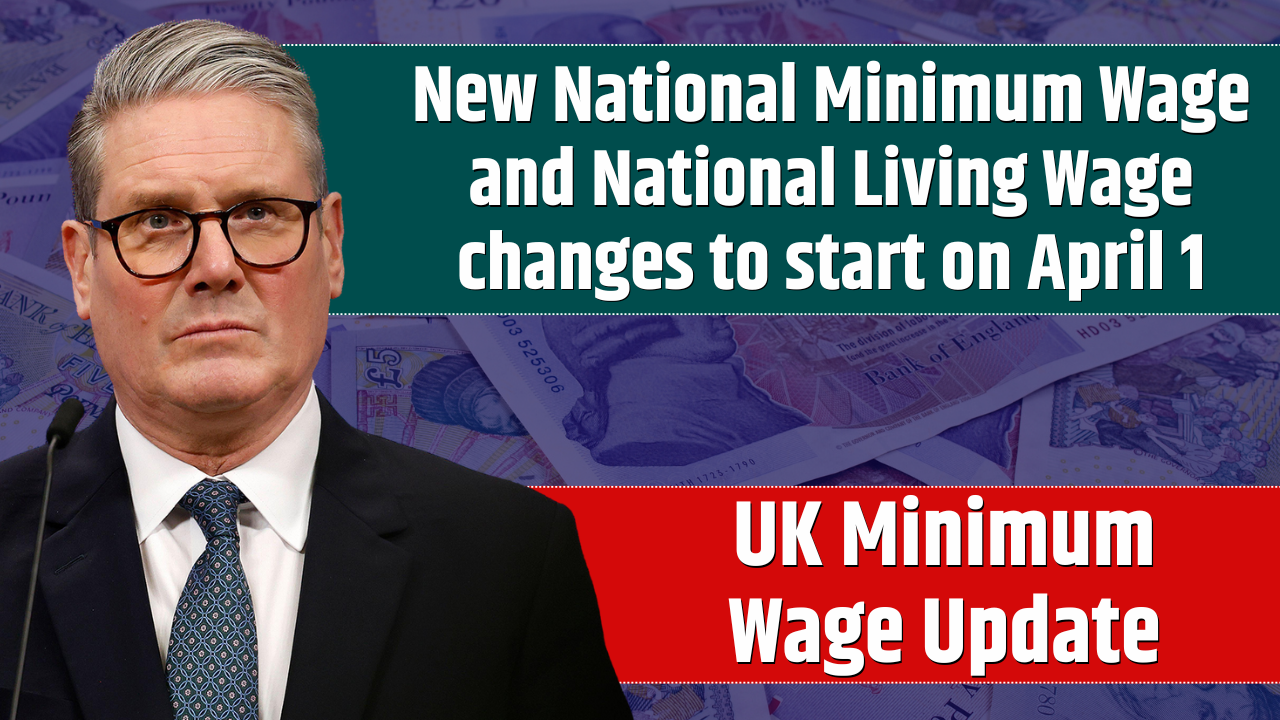The State Pension triple lock, a policy designed to protect pensioners’ incomes, is under threat. Introduced in 2010, the triple lock guarantees that the State Pension rises each year by the highest of three factors: inflation (CPI), average wage growth, or 2.5%. However, Sir Steve Webb, former pensions minister, has raised concerns that this system may not last forever.
What Is the Triple Lock?
The triple lock policy ensures that the State Pension increases annually based on the highest of:
- Inflation (CPI): Protects pensioners from losing purchasing power as prices rise.
- Average Wage Growth: Ensures pensions keep pace with general wage increases.
- 2.5% Minimum Increase: Guarantees a minimum rise even during periods of low inflation or wage growth.
This system has been critical in ensuring pensioners’ payments keep up with the cost of living, providing financial security and dignity during retirement.
Why Is the Triple Lock at Risk?
Although the triple lock has proven beneficial for pensioners, critics argue that it is expensive and unsustainable, especially with an aging population increasing government spending. The cost of maintaining the triple lock rises significantly when average wages or inflation spikes, as seen during the COVID-19 pandemic and the cost-of-living crisis.
Potential Alternatives Being Discussed
If the government decides to alter or replace the triple lock, some of the proposed alternatives include:
- Double Lock: Linking State Pension increases only to inflation and average wage growth, eliminating the 2.5% minimum increase.
- Fixed Percentage Increases: Setting an annual increase at a specific rate, such as 2.5% or another predetermined percentage.
- Means-Tested Pension Rises: Providing higher increases only to those with low or moderate incomes.
The Political Debate
While Labour has committed to keeping the triple lock, there is no guarantee it will remain unchanged throughout the current Parliament. Political debates continue over how to make the pension system more financially sustainable without unfairly punishing pensioners who have contributed to the system for decades.
Concerns From Pensioners
Pensioners are understandably frustrated by the constant discussions about changing the State Pension system. Some of the key concerns include:
- Means Testing: Many fear that means-testing pensions could effectively reduce their entitlement, despite decades of contributions.
- Lack of Fairness: Pensioners argue they’ve worked for 40 to 50 years, paying into the system with the expectation of receiving a full State Pension.
- Impact of Inflation: As prices continue to rise, any reduction in pension increases could leave retirees struggling to afford basic necessities.
What Happens Next?
Despite the uncertainty surrounding the triple lock’s future, pensioners will still see an increase in payments for 2025/26, based on the 1.7% CPI inflation rate from September. This adjustment will result in:
- Full New State Pension: Rising to £230.25 per week.
- Full Basic State Pension: Increasing to £176.45 per week.
However, with ongoing political debate and financial pressures, pensioners are encouraged to stay informed about potential changes and consider how reforms could impact their future income.
Can the Government Legally Means-Test Pensions?
Technically, the government can implement means-testing for pensions if new legislation is passed. However, doing so would be politically risky and deeply unpopular among retirees who feel they’ve already paid their dues through National Insurance contributions.
Many argue that if the government chooses to implement means testing, decades of contributions should be refunded, as people have worked and paid into the system expecting a guaranteed pension at retirement.
How Would Means Testing Affect Pensions?
If the government decides to introduce means testing, it would likely affect:
- Higher-income pensioners the most, potentially reducing or eliminating their State Pension if their income exceeds a certain threshold.
- Low-income pensioners could be protected, but administrative complexity could lead to errors or unfair outcomes.
Additionally, it’s worth noting that once pension payments exceed the tax threshold, they are already subject to income tax. Therefore, some argue the government should focus on tax revenue from higher pensions rather than reducing payments directly.
Pensioners’ Reactions
The possibility of altering the triple lock or introducing means testing has sparked outrage among pensioners, with many expressing their frustrations about the government’s focus on reducing pension benefits rather than finding alternative funding sources.
Recurring themes include:
- The perceived unfairness of targeting pensioners while providing support to other groups, such as foreign nationals or convicted criminals.
- Concerns about how changes could force pensioners into poverty, particularly those without private savings.
- The belief that pensioners are being unfairly targeted because they lack the power to strike or protest like other groups.
The future of the triple lock remains uncertain, and while Labour has pledged to maintain it, economic pressures could force changes. Pensioners must stay vigilant and continue to monitor developments, as any reforms to the State Pension system will have lasting consequences for millions of retirees.
FAQs
Will the triple lock be scrapped entirely?
There is no official decision to scrap the triple lock, but its future remains uncertain amid ongoing political debate.
What would happen if means testing is introduced?
Means testing would likely reduce State Pensions for higher-income retirees, but it’s a politically sensitive issue with strong opposition.
When will the State Pension increase next?
In 2025/26, the full New State Pension will rise to £230.25 per week, and the full Basic State Pension will increase to £176.45 per week.
Why is the triple lock considered unsustainable?
The triple lock is costly to maintain, especially during times of high inflation or wage growth, increasing government spending considerably.







